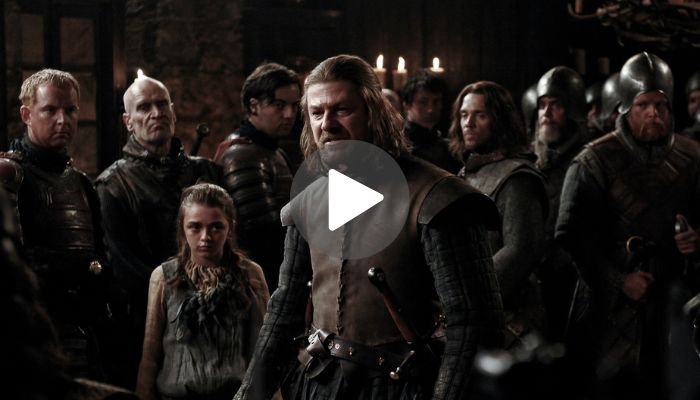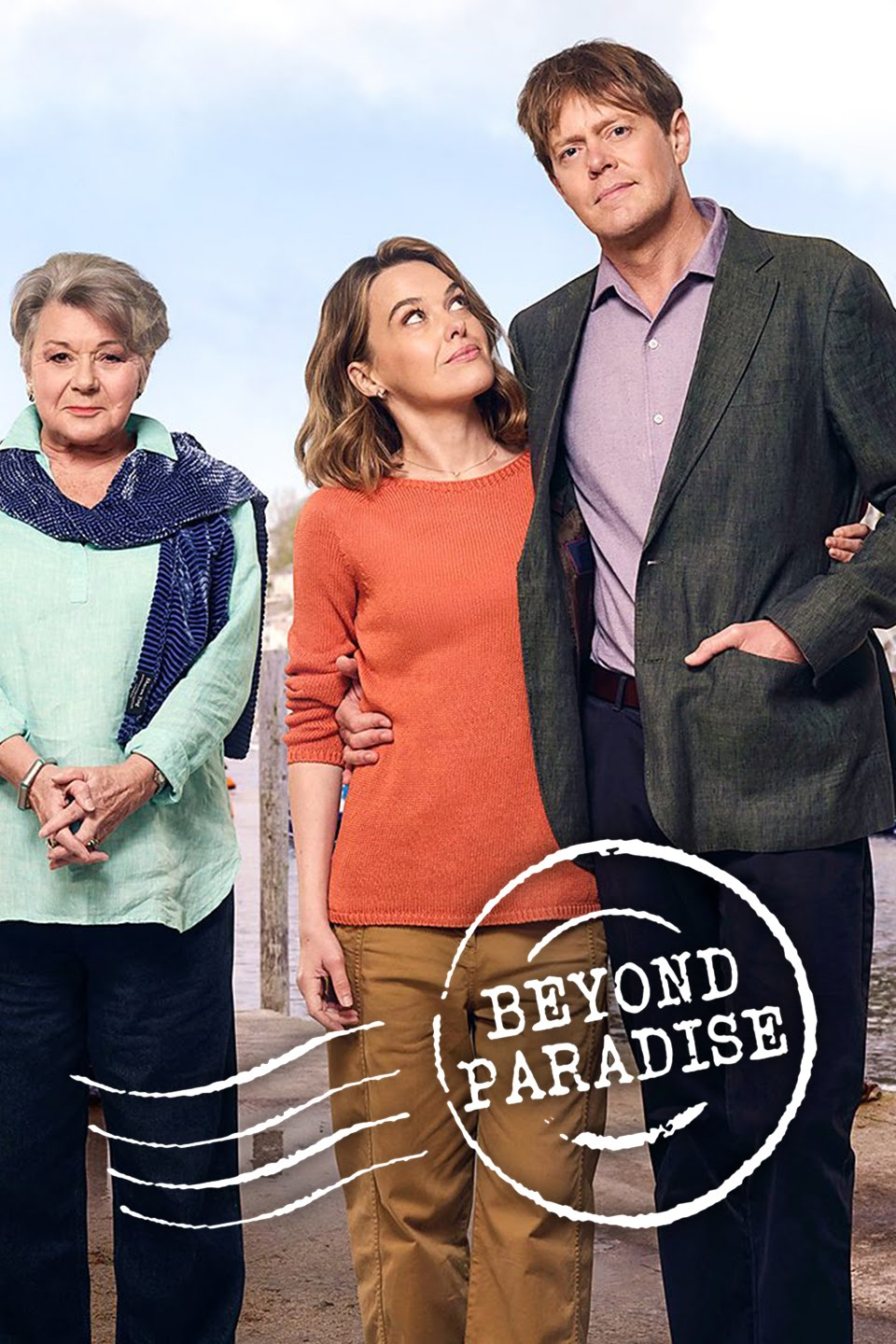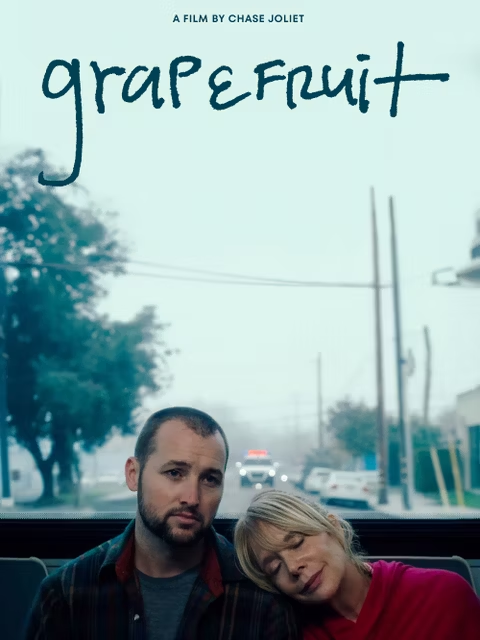
There were TV shows in the 2010s, and then there was Game of Thrones. HBO’s adaptation of George RR Martin’s fantasy series dominated television. It was pored over online, and adored by everyone from Barack Obama to Snoop Dogg. It inspired countless fan videos, and closed the decade as the world’s biggest show ever — its final season drew more than 25 million viewers per episode on average (a number that didn’t even include illegal downloads, which also made it the most pirated).
It was also the last piece of genuine event television in an age where our viewing is increasingly atomised by streaming. While other shows exist to be binged in one greedy gulp, Game of Thrones had to be watched weekly — a fact that only increased its power, making it the show on everyone’s lips every Monday.
Most of all though, it changed what we thought about fantasy on TV. Before Game of Thrones, conventional wisdom said you could not turn fantasy into a TV hit. After Game of Thrones, TV executives seem unable to stop commissioning them.
Everything from straightforward historical epics like The Last Kingdom has now caught Westeros DNA; so too has Sky Atlantic’s madcap Britannia. And now Netflix’s The Witcher follows GoT’s template with gruesome violence and largely gratuitous nudity.
That wasn’t always true: when Game of Thrones started in 2011, it was as much about sharp one-liners and political machinations as big twists or bigger spectacle. But as the show went on – and crucially, once creators David Benioff and DB Weiss ran out of books by Martin to adapt – it became less character driven at every stage and more bombastic.
Nowhere was this clearer or crueller than at the end of season six: The Winds Of Winter aired amid general acclaim for blowing up Baelor’s Sept along with much of the cast, which was taken as proof that Benioff and Weiss had a thrilling endgame in mind. But really it succeeded only in fatally undermining the show’s strengths – and cementing that, faced with doubt, the writers would always blow things up first and ask questions later.
Having made Cersei their master villain, Benioff and Weiss appeared to have no idea what to do with her, largely ditching King’s Landing intrigue for epic fights. That was inevitable given the need for a final showdown between the Night King’s undead army and everyone else, but by leaving a political vacuum where politics used to be, they ensured that the last two seasons prioritised did-you-see-that? moments (Littlefinger’s sudden death; Daenerys’s fiery destruction of King’s Landing) over carefully woven schemes and character development.
To the same extent, if not more so, this obsession with style over substance affected subsequent television shows. Many of those expensive projects such as Troy, The Bastard Executioner and American Gods were failures made in Game of Thrones’ shallow image that lacked understanding that the quiet moments were what made the show a hit in the first place.
Conversely, what worked about – Outlander, Penny Dreadful and the BBC’s recent adaptation of Philip Pullman’s His Dark Materials – was that they did for these books series what Game of Thrones did for A Song of Ice and Fire: they put storytelling first. Each also felt like fantasy made by people who loved fantasy, rather than executives desperate for a hit.
But high-profile failures haven’t stopped the commissions coming. There are huge adaptations of Lord of the Rings, Robert Jordan’s classic fantasy The Wheel of Time and Patrick Rothfuss’s cult series The Kingkiller Chronicle all in various states of production.
Some may prove worth the wait although it is hard not to wonder whether TV will have moved on by then because perhaps the most interesting thing about Game of Thrones is how quickly it faded from memory; slipping down best-of-the-decade lists and increasingly being attacked not for being Shakespearian grandeur but instead (in Macbeth’s words) “full of sound and fury signifying nothing”.
Though at its best Game of Thrones was addictive unmissable television filled with great lines and genuinely surprising moments; history shows no mercy to shows once lauded as “the best”.
And in addition to that it has always been true that race was badly handled on this show from beginning to end: Dothraki portrayed as violent savages; Daenerys constantly flirting with white saviour tropes etc. Neither has it ever shied away from controversy when it comes to sex either – be that shooting Sansa’s brutal wedding night entirely through Theon’s gaze or its mishandling of a scene between incestuous siblings Jaime and Cersei that turned it from reunion to rape.
But these issues – coupled with the sense that this was ultimately a show made more out of bombast than brilliance – means that Game of Thrones’ greatest legacy may well be not the myriad copycat shows but the silly sums of money the makers of those shows spent. Game of Thrones is dead; long live Game of Thrones.
Watch free movies on Fmovies







